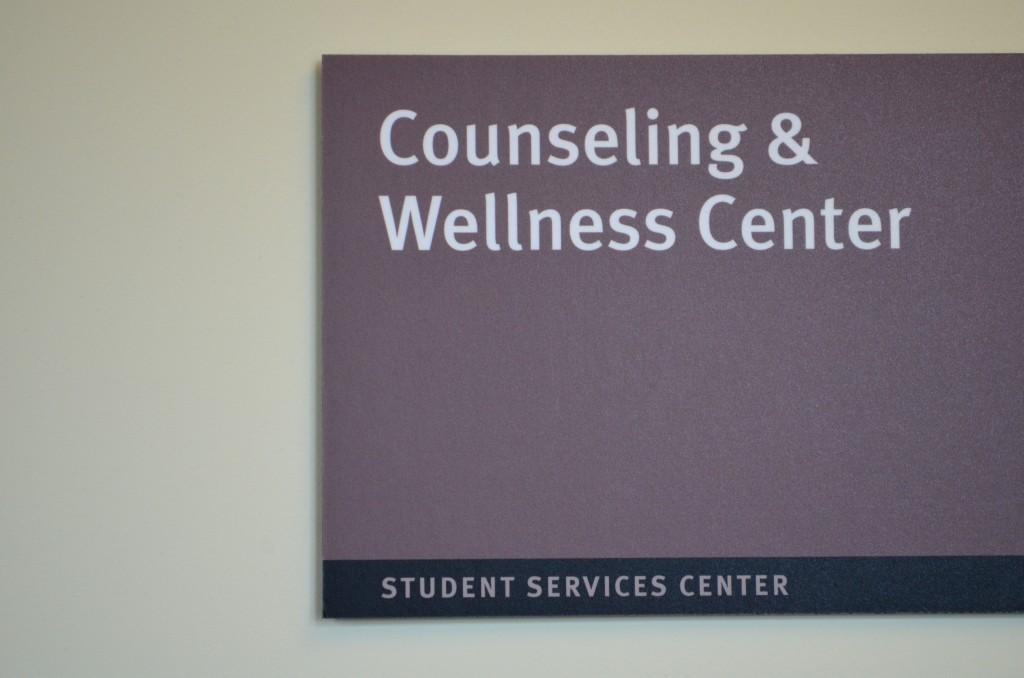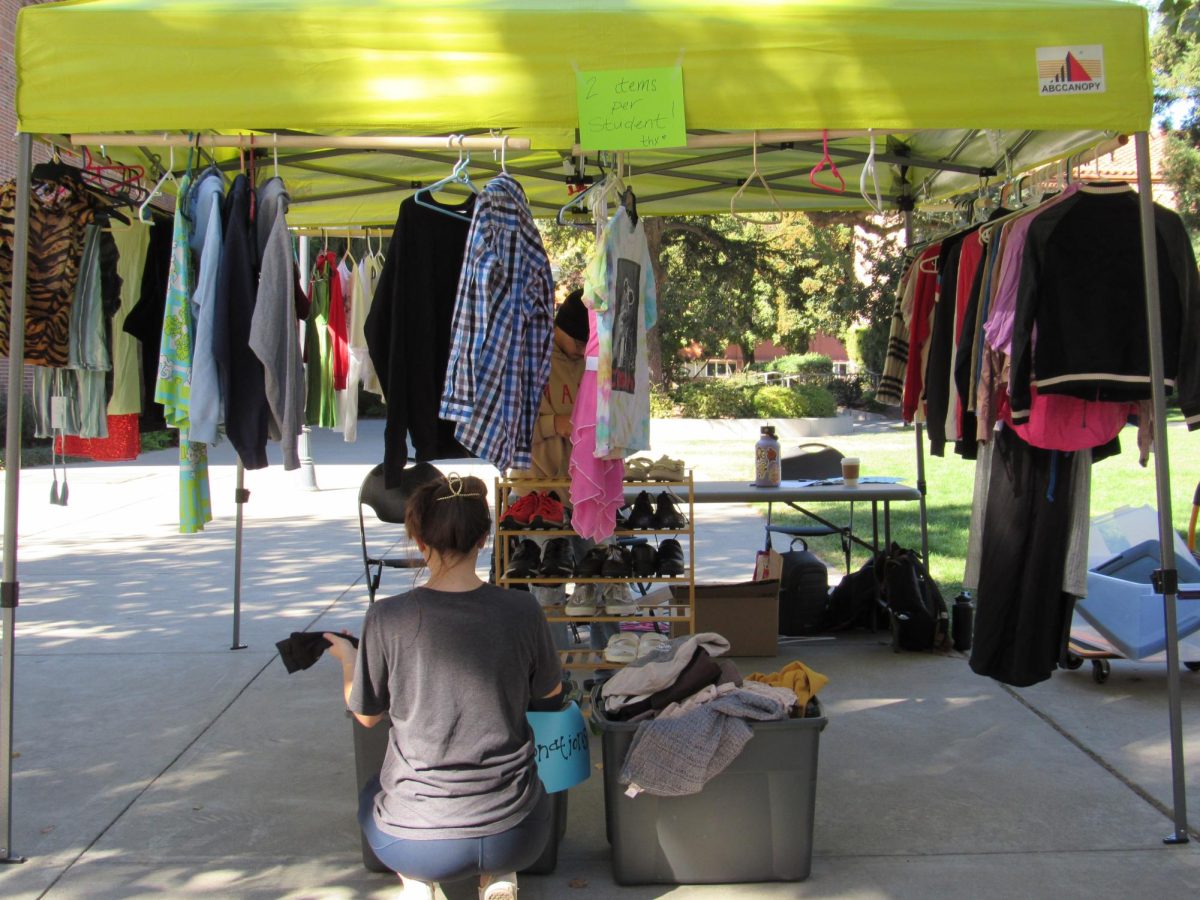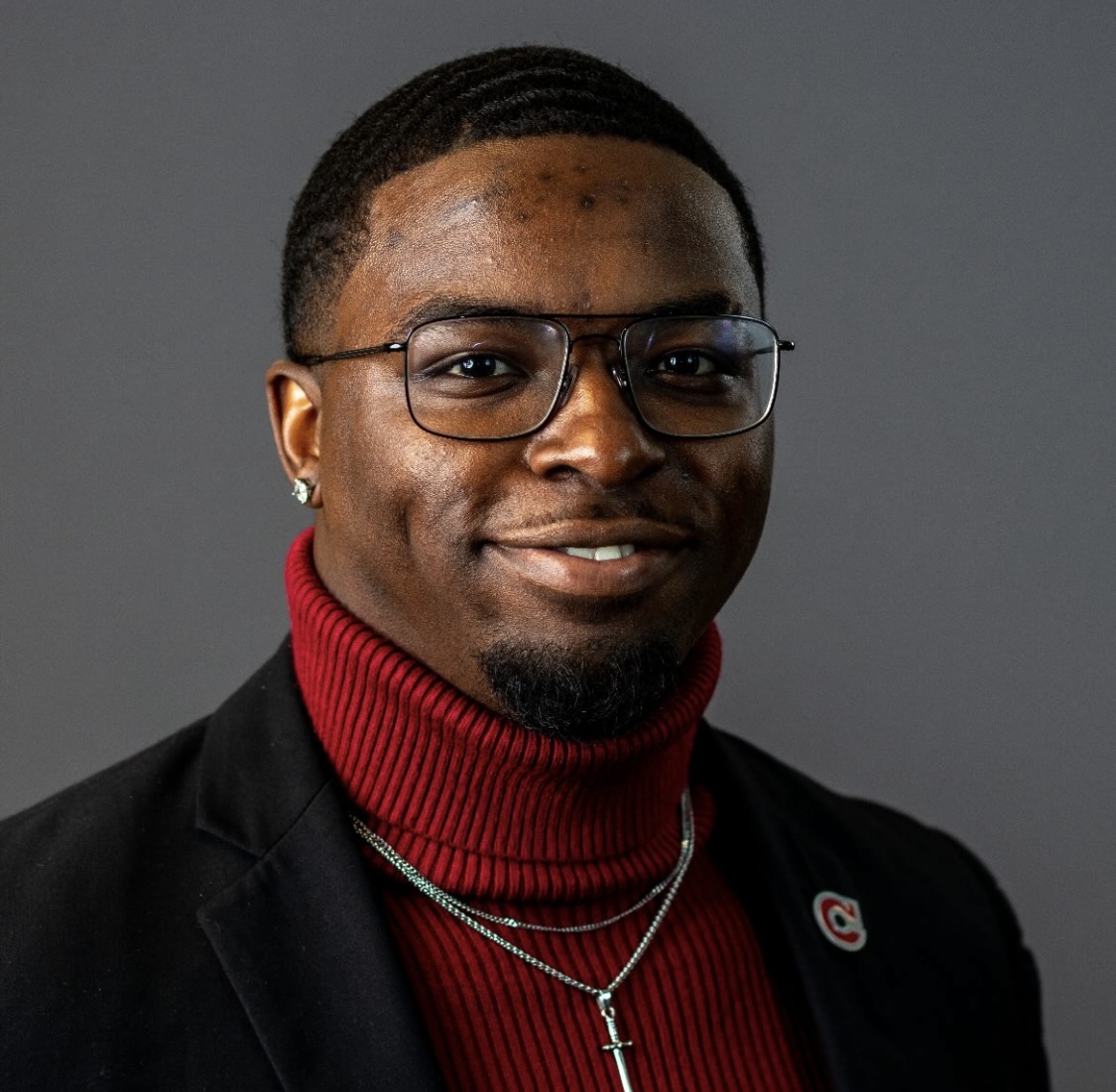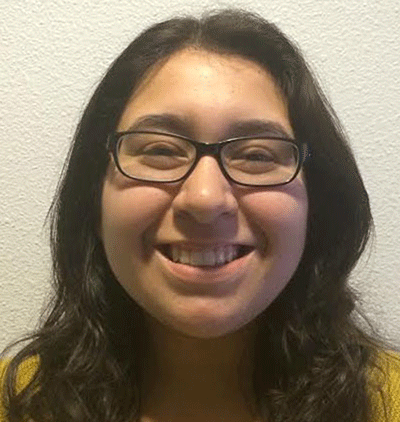
Getting all students the help they need — this is the goal of the Counseling and Wellness Center’s new support groups.
This spring the center offers eight support groups covering issues varying from self-esteem to substance abuse. The groups are part of a solution to the ongoing problem of budget cuts. The cuts resulted in a lack of staff to meet the high demand for the center’s services.
Juni Banerjee-Stevens, a counselor at the Counseling and Wellness Center, explains the importance of the program.
“What’s most important is that if a student is in need of services they will be seen, especially if the student is in crisis,” Banerjee-Stevens said.
Group counseling efforts are still confidential, but communicating in groups rather than attending an individual session can be more beneficial for students in some situations.
“Often it can be more powerful to meet with a group of people who are sharing the same experience,” Banerjee-Stevens said. “And that really is what the power of group is — shared experiences and knowing that there is this universal sense of ‘we’re all going through this together.’”
Esmeralda Esquivel, sophomore Latin American studies major, hasn’t attended a session herself but thinks they have potential.
“It’s great because sometimes you feel like you’re by yourself, and being in a group you feel like you’re not alone in a situation,” Esquivel said. “You’ll be with other students who talk the same way as you do, so they’re more understanding.”
One way specific groups are formed is at weekly meetings where the counselors consult one another about their cases, Banerjee-Stevens said. If they find several students struggling with the same topics, they’ll create a group for it.
The “Living Well: Substance Use” support group is designed to help students lessen or stop their use of drugs and alcohol.
There are also “Peace of Mind” and “Self-Esteem and Assertiveness” groups, which focus on reducing students’ stress and anxiety or improving their confidence. The other groups provide help with family issues, relationships, food, bipolar disorder and sexual assault.
“College is very stressful,” said Alissa Travers, a sophomore nursing major. “We have breakdowns and sometimes we just need someone to talk to to reassure us everything will be OK.”
There is a different support group in session every day of the week so students can join and speak their minds about specific issues without fear of being judged.
Students are given different tools to help them overcome obstacles they may face and push down barriers that hold them back.
“Really, the way that most of us run our groups is, it’s about facilitating a process,” Banerjee-Stevens said. “We aren’t the leaders, we aren’t necessarily there to tell people how to do the group. We’re just there to offer our expertise and make sure the process is happening.”
Students who attend these support groups are in a place where they can freely talk and communicate with other people in an environment free of judgement.
“I’ve just seen such magical things happen when peers can give other peers feedback about how they’re doing and how they relate to each other,” said Banerjee-Stevens. “It’s just really powerful.”
Dominique Diaz can be reached at [email protected] or @dominiqueldiaz on Twitter.











